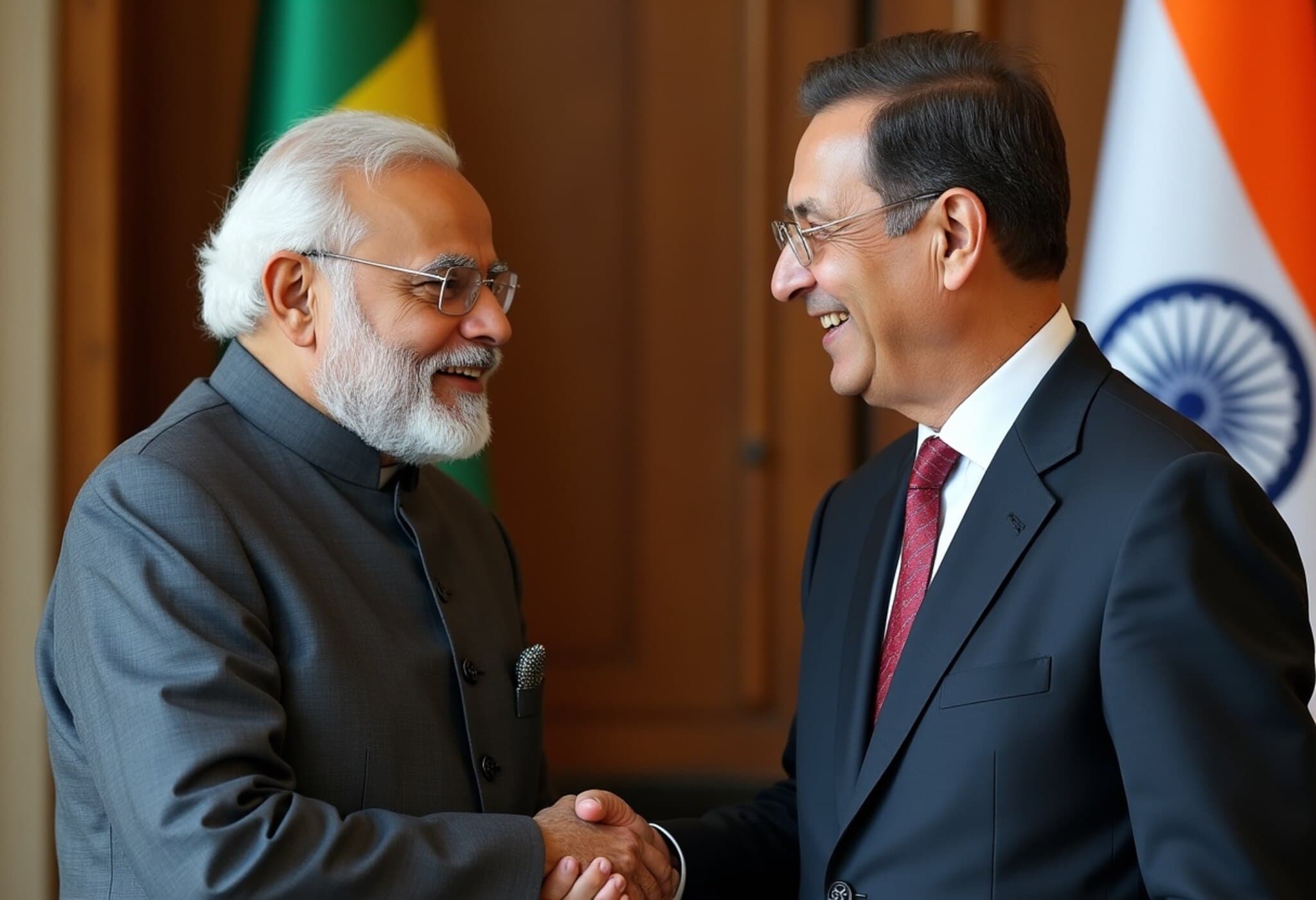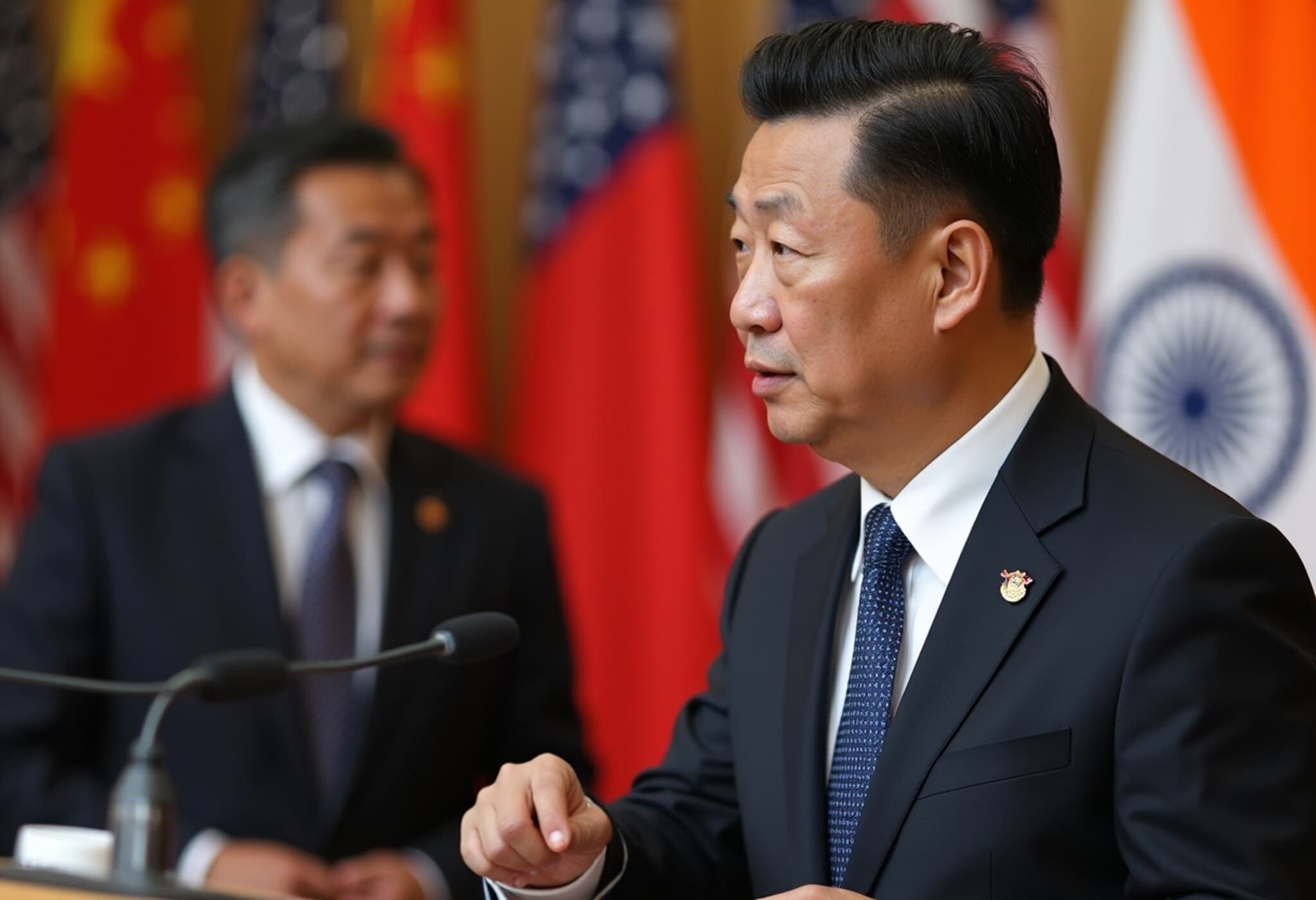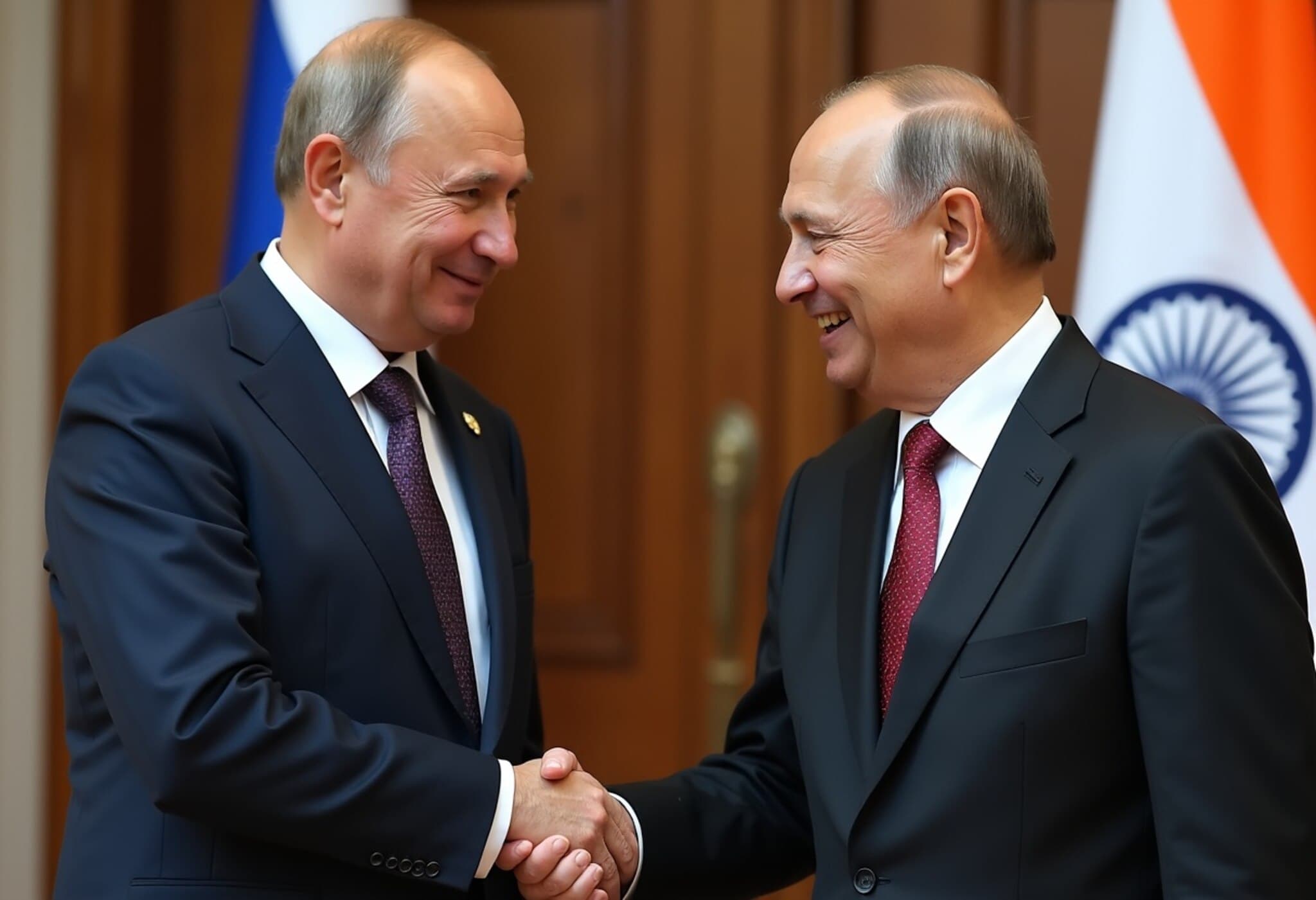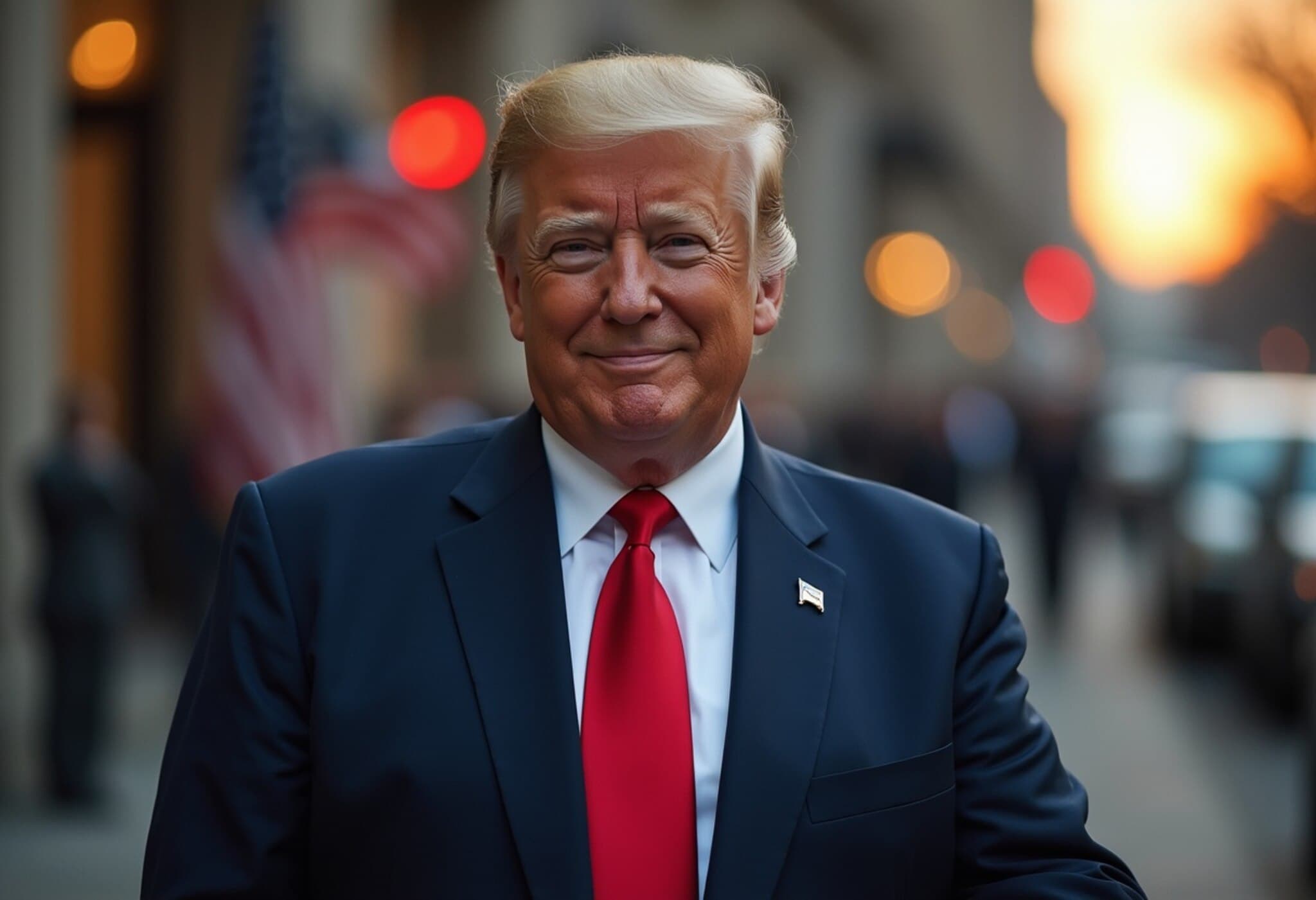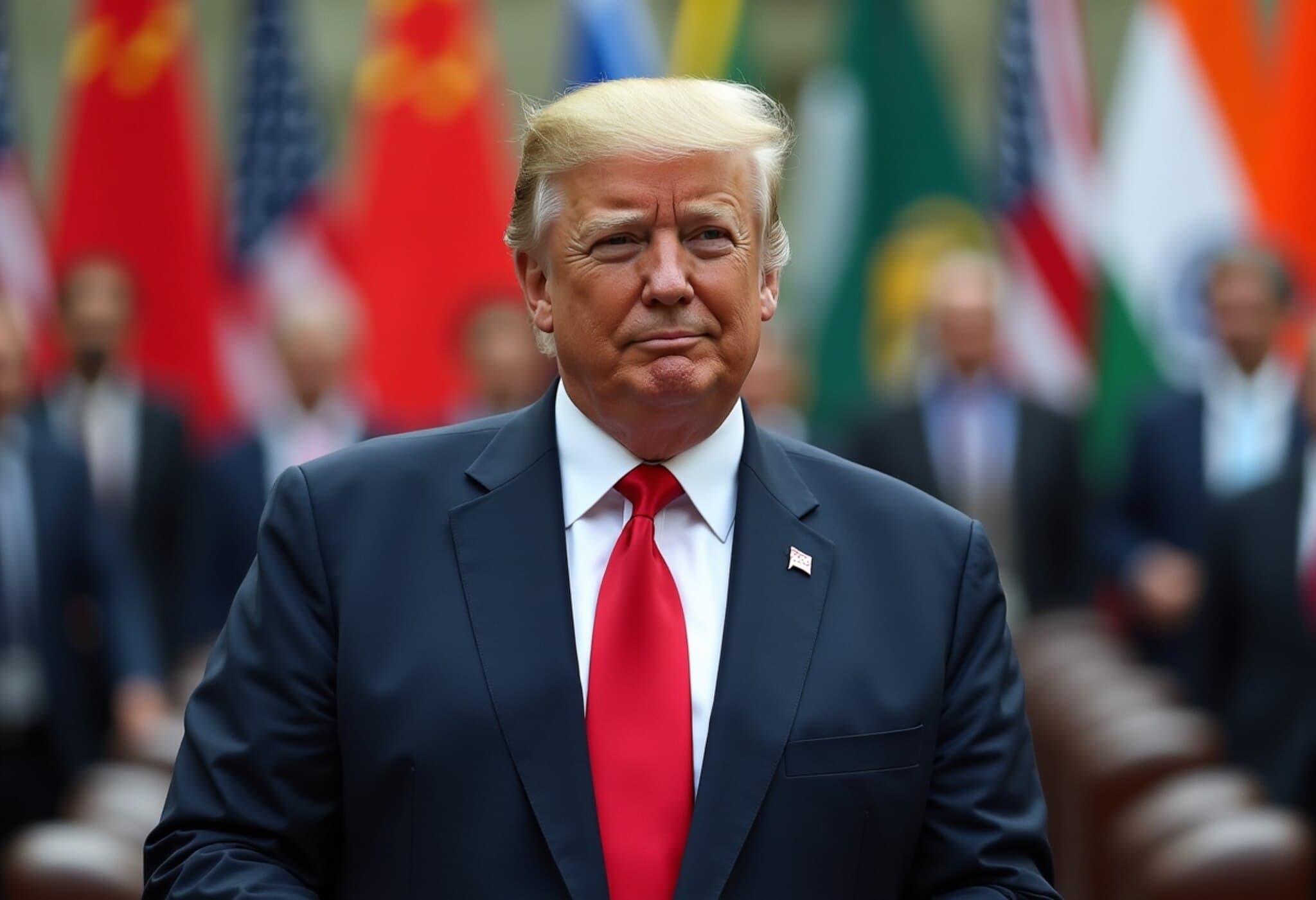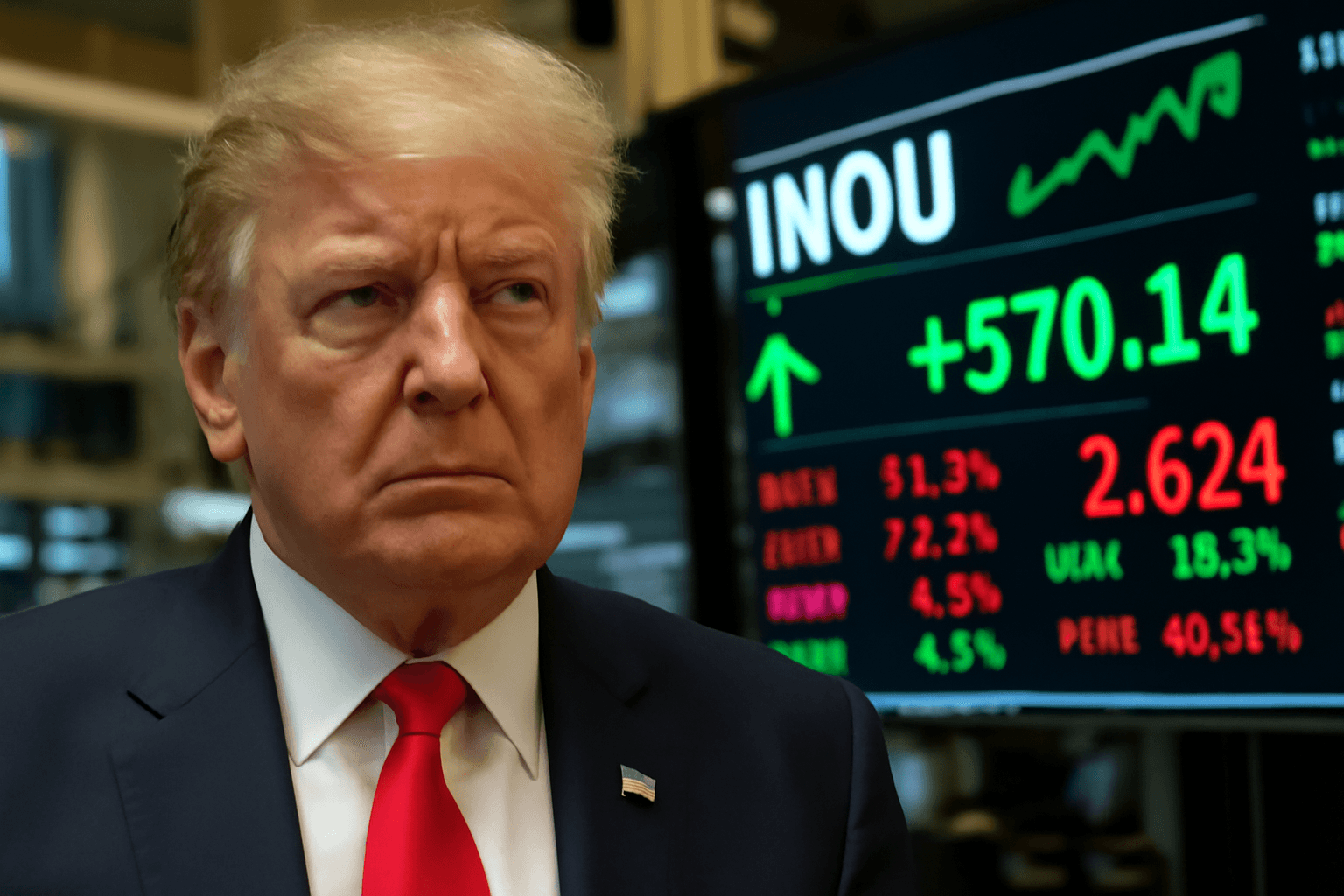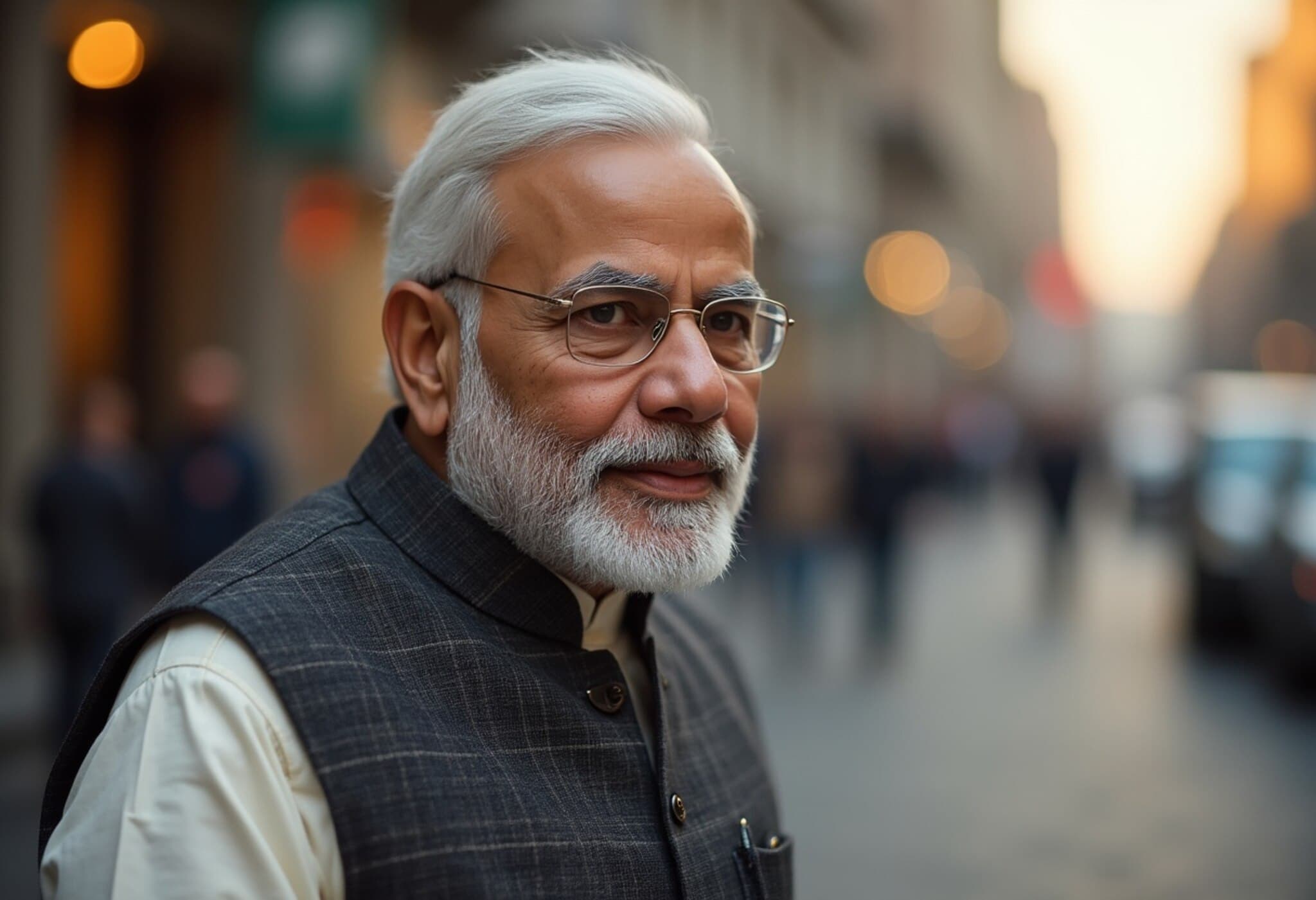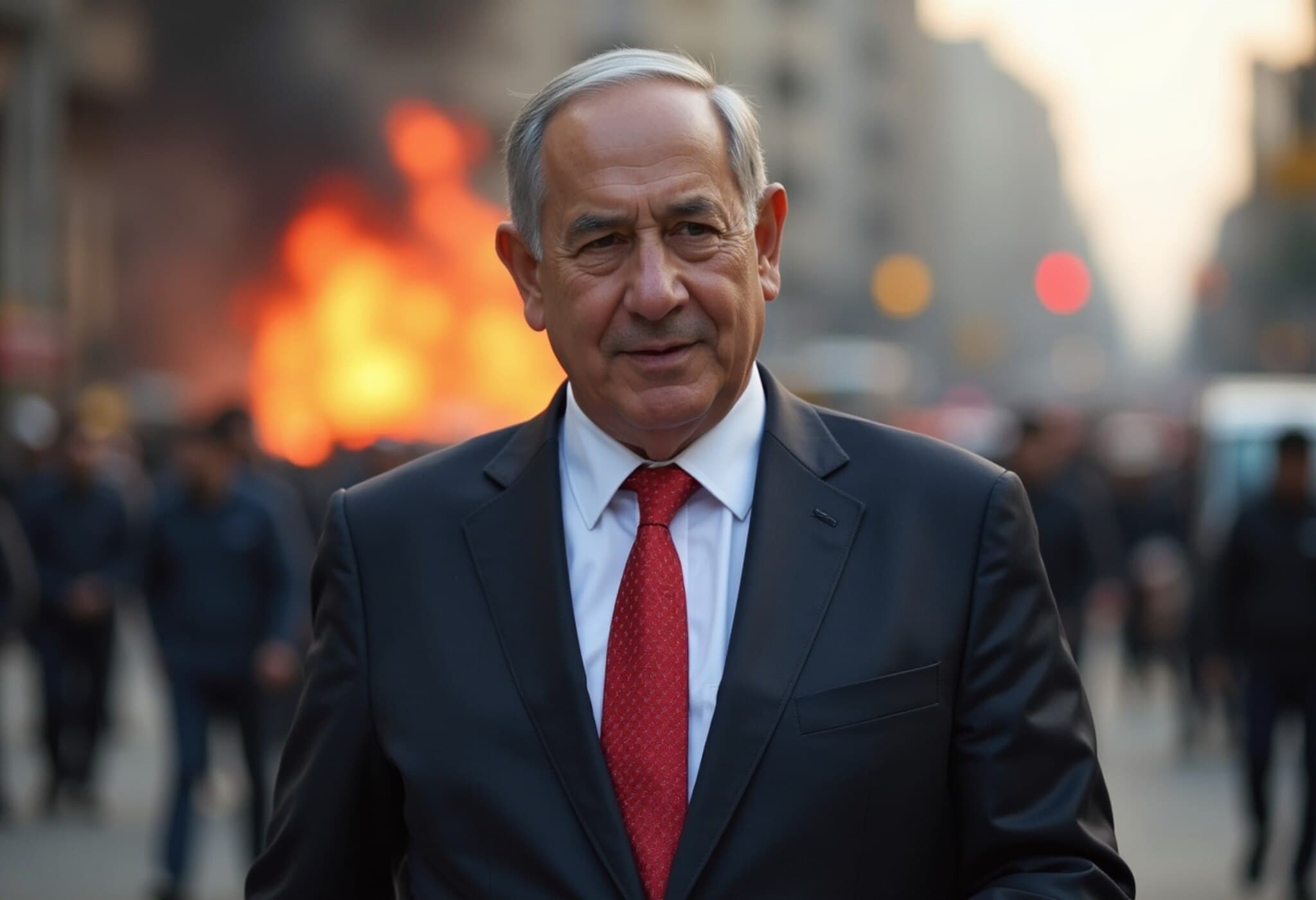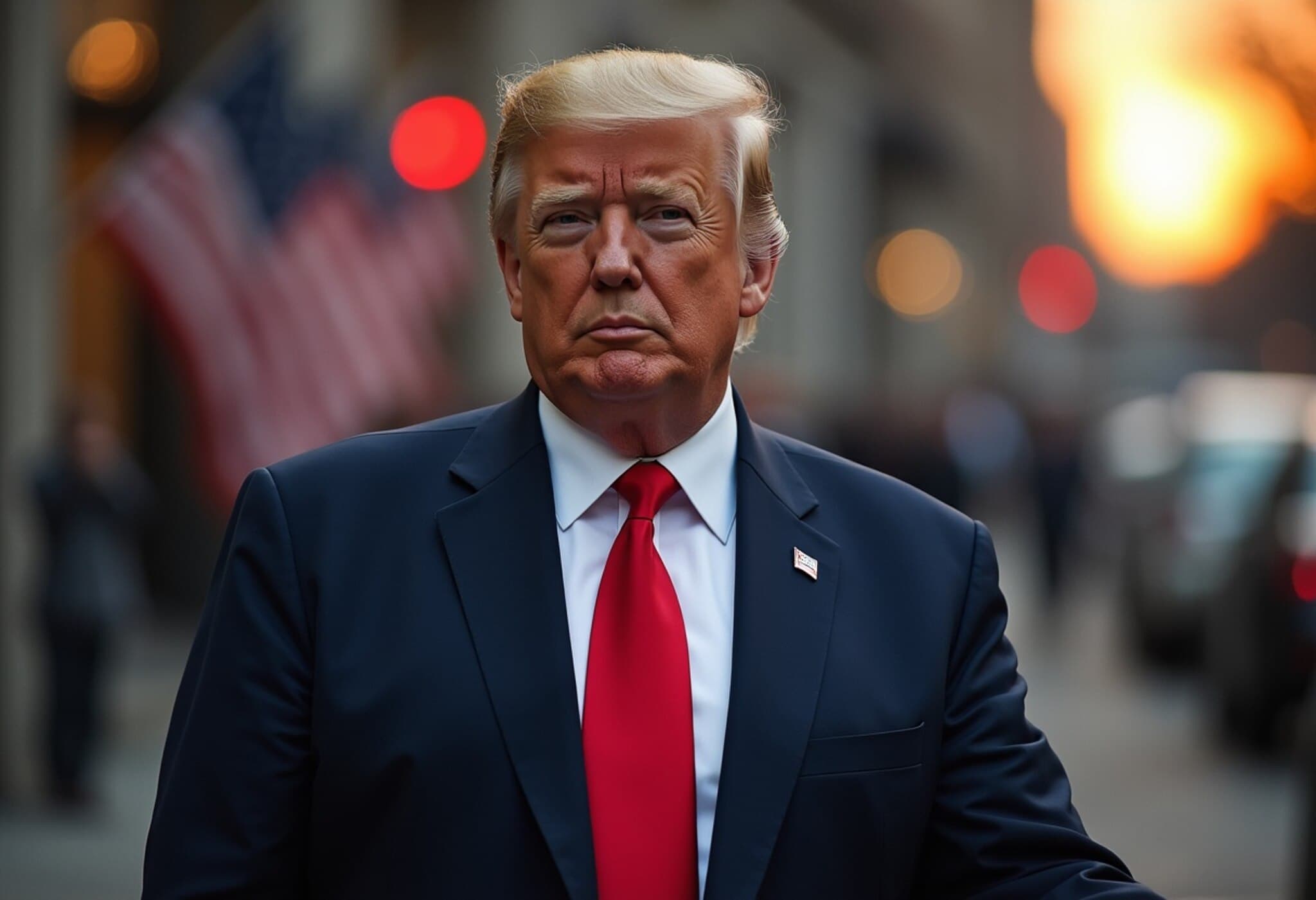Modi and Lula Reaffirm Strategic Partnership Against US Trade Tensions
In a significant diplomatic exchange amid escalating global trade conflicts, Indian Prime Minister Narendra Modi and Brazilian President Luiz Inácio Lula da Silva held a vital phone conversation on August 7, 2025. The dialogue underscored their commitment to fortify the India-Brazil strategic partnership, particularly as both nations grapple with a hefty 50% tariff imposed by the United States under President Donald Trump's administration.
Deepening Cooperation Across Multiple Sectors
According to a statement released by PM Modi's office, the two leaders agreed to intensify collaboration in key domains including trade, technology, energy, defence, agriculture, health, and people-to-people exchanges. This multi-dimensional approach is more than just a response to tariffs—it's a conscious effort to create resilient economic and diplomatic ties between two of the most influential emerging economies in the Global South.
Reflecting on the call via social media platform X (formerly Twitter), PM Modi noted, “Had a good conversation with President Lula. Thanked him for making my visit to Brazil memorable and meaningful. We are committed to deepening our Strategic Partnership, including in trade, energy, tech, defence, health and more. A strong, people-centric partnership between Global South nations benefits everyone.”
Context: The US Tariff Escalation and Global Trade Dynamics
The backdrop to this diplomatic exchange is the Trump administration’s aggressive trade realignment, including a sweeping 50% tariff imposed not only on Brazil but also on India. India's tariff burden primarily emanates from its continued procurement of Russian oil, which the US has sought to penalize through economic deterrents. Meanwhile, Brazil faces tariffs intertwined with broader political frictions and reciprocal trade retaliations.
President Lula expressed his concerns about President Trump's approach toward multilateralism in an earlier statement: “What President Trump is doing is tacit — he wants to dismantle multilateralism, where agreements are made collectively within institutions, and replace it with unilateralism, where he negotiates one-on-one with other countries,” Lula argued, highlighting the precariousness of small and emerging economies in navigating the current global trade landscape.
Lula’s Outreach to Global Leaders and BRICS Solidarity
Further solidifying his diplomatic initiative, Lula has been actively reaching out to key leaders worldwide. Besides Prime Minister Modi, he has contacted Chinese President Xi Jinping as part of a broader effort to galvanize a unified BRICS response against unilateral US tariffs. Lula emphasized his plans to invite President Trump to the upcoming COP climate summit, demonstrating a nuanced strategy balancing firmness with openness to dialogue on critical global issues like climate change.
He remarked, “I am not going to call Trump to negotiate anything, because he doesn’t want to talk. But rest assured, Marina, I will call Trump to invite him to the COP, because I want to know what he thinks about the climate issue. I will have the courtesy to call, I will call him, I will call Xi Jinping, I will call Prime Minister Modi, I will call,” illustrating his readiness to maintain communications across the geopolitical spectrum.
Why This Matters: The Stakes for Emerging Economies
The ongoing tariff-related tensions are more than economic irritants — they speak to larger issues of sovereignty, multilateral trade frameworks, and the balance of power between Global North and South. India and Brazil, as vital players in BRICS and global south leadership, face a critical test in navigating protectionism and fostering cooperation among themselves and other allies to preserve and advance their economic interests.
For American observers and policymakers, these dynamics underscore the challenges of unilateral economic sanctions and tariffs, highlighting possible unintended consequences such as pushing targeted countries into closer strategic alignments that circumvent US influence.
Looking Ahead: Building Resilience Through Partnership
The Modi-Lula conversation represents more than a routine diplomatic exchange; it symbolizes an earnest effort by two nations to adapt and thrive amid shifting global economic tides. Their emphasis on diversified cooperation hints at a roadmap for other developing nations striving to enhance economic sovereignty while confronting protectionist headwinds.
As the global community looks to upcoming summits and trade negotiations, the India-Brazil partnership may well set a precedent for fostering solidarity and innovation in the face of rising unilateral trade pressures.
Editor's Note
This evolving dialogue between Prime Minister Modi and President Lula highlights the intricate balance between asserting national interests and pursuing multilateral cooperation amid global trade tensions. It invites readers to consider: How can emerging economies leverage alliances like BRICS to counteract protectionism? What role does technology, energy, and health cooperation play in deepening such strategic partnerships? And crucially, in a fracturing global order, how can diplomacy maintain pathways for collaboration on pressing issues like climate change?

